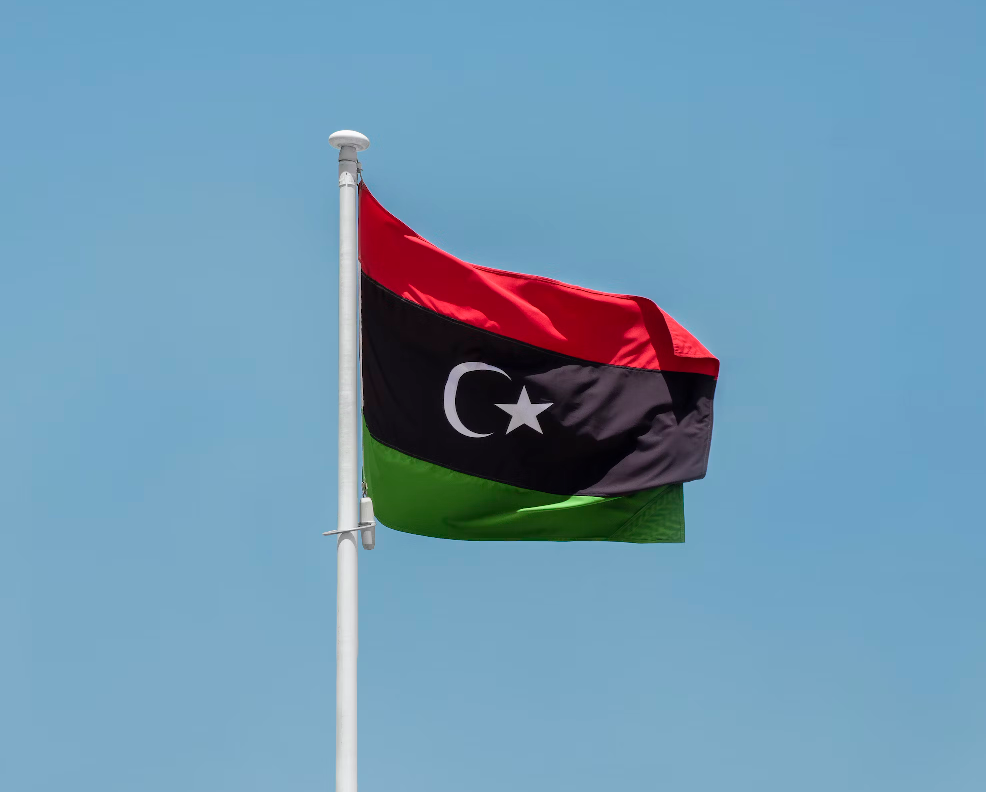
Russia has developed a complex network of influence in Libya through the Wagner group and will likely keep using private military actors to maintain its leverage.
In a Nutshell
- The Wagner group has been crucial in spreading Russian influence in Libya
- The future of the private military company appears uncertain
- Moscow may rebrand the group, but will maintain its presence in Africa
On August 22, a Russian delegation led by Deputy Defense Minister Yunus-bek Yevkurov landed in Benghazi at the invitation of 79-year-old Field Marshal Khalifa Haftar, commander of the Libyan National Army (LNA). The two men reportedly discussed the future role of the Wagner Private Military Company in the country, and more broadly, on the African continent.
A day earlier, Wagner group leader Yevgeny Prigozhin had announced from a remote location in the Sahel that his company was operating at full capacity with the purpose of “making Africa freer.”
New dynamics after Prigozhin’s death
On August 23, Prigozhin and some of his loyalists were killed in a plane crash close to Moscow. Some analysts have speculated about a sophisticated antiaircraft attack, while others believe an explosion inside the cabin broke off a wing and brought down the fuselage and the dozen travelers inside it.
Moscow needs the Wagner group not only for strategic reasons, but primarily for economic ones. Russian Foreign Minister Sergei Lavrov took the first step toward assimilating Wagner into the Russian military shortly after the attempted mutiny by Prigozhin and his men in June. Mr. Lavrov stated that the Wagner group would continue to operate in the Central African Republic, Mali and Burkina Faso, as well as in Libya. The Kremlin’s intention was likely to send a strong signal that it would maintain its presence in Africa.
Africa’s historical importance to Russia
During the Cold War, following decolonization, Africa played a significant role for the Soviet Union ideologically and economically. The new African governments, liberated from European colonial rule, also needed ideological support to appeal to their citizens. Moscow tried to spread the Soviet-era communist creed and anti-Americanism as broadly as it could.
Africa also presented Russia with an opportunity to expand its influence in the Mediterranean and other strategic hubs. The African market had great potential, especially in the arms sector. Russia now supplies arms to 21 African nations, first and foremost to Algeria. The Kremlin has long been determined to maintain a firm influence in the Maghreb, and since the 1970s at least 11,000 Russian operatives have been active on Libyan soil, even though relations between Tripoli and Moscow have often been strained.
A brief history of the Wagner group in Libya
The presence of the Wagner group alongside the LNA first became apparent at the beginning of the siege of Tripoli in April 2019. However, the group has been active there at least since 2018, controlling strategic oil fields in the Red Crescent area and providing technical support to the LNA, as well as operating alongside the Sudanese Rapid Support Forces or the Janjaweed militia group.
During the third Libyan civil war, which lasted until June 2020, the United Arab Emirates, Saudi Arabia and, to a lesser extent, France and Jordan also supported the LNA. However, Turkey’s military entry on behalf of the besieged Government of National Accord in Tripoli, and the subsequent failure of the operation initiated by Field Marshal Haftar, prompted the Gulf powers to take a step back.
Since then, Russia has increased its presence through the Wagner group, fulfilling several needs: controlling strategic infrastructure, advising local security forces, providing intelligence and influencing public opinion through social media. There is evidence that the group is behind an extensive social media campaign glorifying Field Marshal Haftar and other Libyan figures.
Russian economic interests in Libya
In the 1970s, Russia and Libya signed economic agreements worth billions of dollars. This economic partnership has never been abandoned, and even under the Government of National Accord led by Fayez al-Sarraj there were several high-level meetings. The Kremlin was hoping to first stabilize the country and then embark on fruitful collaborations. This has been the policy of many European capitals as well. There is a significant difference, however, in how states have pursued this aim. Most European governments have relied on diplomacy, but the Russian government has preferred a more pragmatic approach through the activities of the Wagner group.
Source: GIS Reports
Related Posts
EU Council chief calls on mercenaries to leave..
The European Union on Sunday called for the departure of all foreign forces and mercenaries from..
Libya: A Return to Uncertainty
It appears that all bets are off in Libya. Elections that were scheduled for last December were..
Turkey-Libya energy accord riles Mediterranean..
Egypt and Greece are calling on Turkey and Libya to scrap an energy exploration agreement that..




